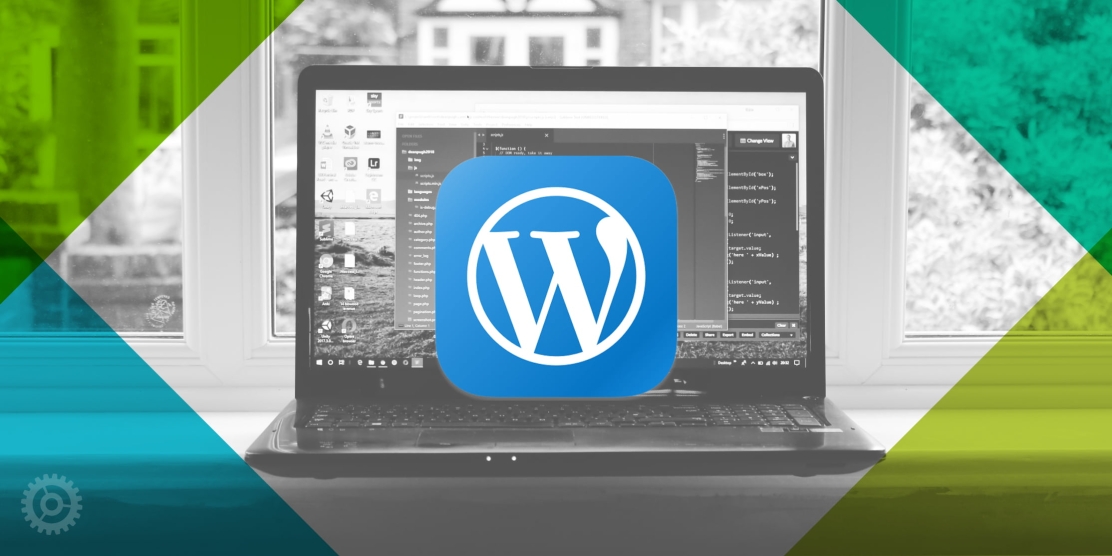
Not all websites use a Content Management System (CMS), but of the ones that do, WordPress dominates the market. As of this writing, WordPress owns over 63% of the market share. Next in line is Shopify at just under 6%. Usage statistics of all major CMSs are monitored on this site and updated daily. Check it out.
Other open-source CMSs that used to be close competitors with WordPress have fallen dramatically in market share. Joomla, the second most popular open source CMS, currently ranks 5th with only about 2.5% market share. Drupal, the most popular .NET open-source CMS, now ranks 6th with under 2%.
WordPress’s overwhelming popularity is no accident. There are some very good reasons why we and many other people are WordPress fans:
Free
WordPress is an open-source content management system, so no licensing fees are charged.
Well-Supported
A large, worldwide community of developers and users supports WordPress and continually contributes to improving the CMS and its features. Also, since there are so many WordPress experts worldwide, you are not locked into working with whomever originally designed and built your WordPress site.
Easy to Use
WordPress is incredibly easy to use. It has an intuitive interface for site management without any programming experience. You can add, modify, and remove pages and content (text, pictures, files) throughout the site. You have the ability to save draft posts, preview posts, and schedule post publishing. Your work is automatically saved as a draft as you type.
Flexible & Customizable
We highly value WordPress’s unlimited, creative design flexibility because we custom-design and program all the websites we create. If we can dream it, we can build it. We can also customize the back-end administration for ease of use.
Extendable
WordPress has a substantial library of plugins that enable us to quickly and cost-effectively add website functionality such as eCommerce, Google Analytics, event registration, and more. Some plugins are better than others, so it’s important to vet them carefully and only implement plugins that are well-supported, highly rated, and widely adopted.
Search Engine Friendly
Search engines like WordPress because of its hierarchical structure and automatically-generated, user-friendly URLs which allow for easy site indexing. There are also many do-it-yourself SEO plugins for title tag rewrites, meta descriptions, etc.
Multimedia-Friendly
Videos, images, audio files, and various types of documents (PDFs, PPTs, etc.) can be easily added to any page of a WordPress site. It also supports the embedding of YouTube videos, Instagram posts, tweets, and Google maps.
Secure
WordPress takes security very seriously and includes automatic security updates. Following other common-sense security precautions, such as keeping plugins up to date and using strong passwords, will minimize security vulnerabilities. If desired, further precautions can be taken to harden WordPress, such as setting up two-step authentication log-ins and firewalls.
It is worth noting that WordPress is used and trusted by numerous big-name companies, including TechCrunch, BBC America, The New Yorker, Forbes, MTV News, and Walt Disney, among many others.
Related Article:




